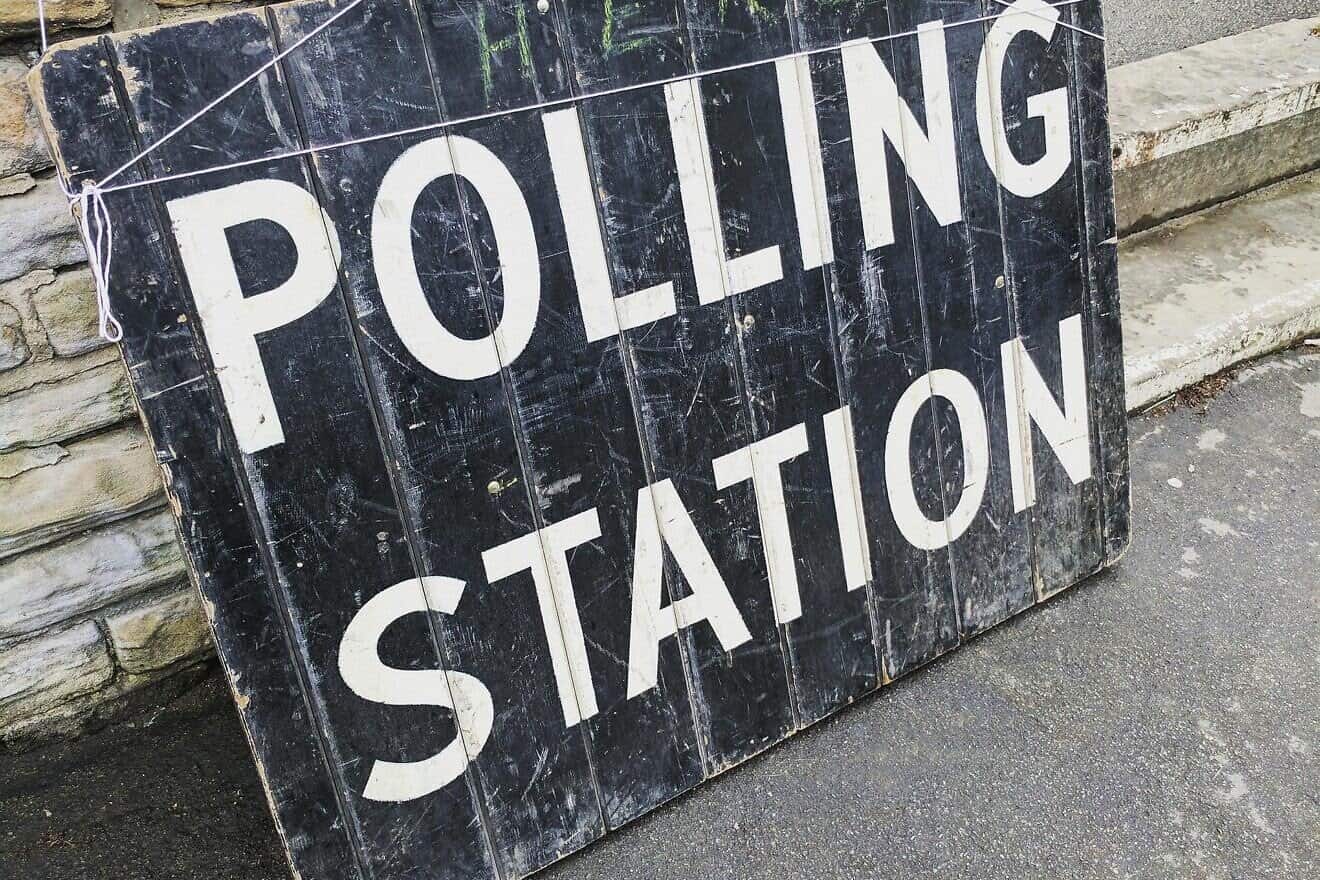The Mamdani Index
How to spot the next anti-Israel political star before it’s too late.

The victory of New York state assemblyman Zohran Mamdani in New York City’s mayoral primary surprised many observers. He was outspent and lacked the traditional power brokers. He still won.
A well-organized and politically extreme movement is beginning to reshape national politics, fostering anti-Israel positions early in the careers of state and local officials. For the pro-Israel community, the mission is urgent and clear: Build nimble and effective state and local pro-Israel networks. And do it now.
That work is beginning through a collaboration that pairs Israeli-American Civic Action Network’s (ICAN) state and local monitoring and research with the Jewish Leadership Project’s network of activists. Guided by ICAN’s analysis, this network can focus on emerging threats and begin responding in key communities, laying the groundwork for coordinated and effective action before anti-Israel figures get too entrenched.
Mamdani’s record did not appear overnight. We at ICAN first took notice of Mamdani in July 2023, when he introduced the “Not on Our Dime” Act as a state legislator, targeting pro-Israel nonprofits while promoting rhetoric and alliances that signaled extreme radicalism.
Unfortunately, in that pre-Oct. 7 summer, our warnings never had the chance to be acted upon.
For several years, our organization has been building a framework for state and local political research to monitor and report on the public affairs activities of elected officials. Mamdani’s candidacy underscores the need for such a system. It operates as a political threat index—focusing on state and local officials - and identifies, tracks and scores anti-Israel positions before they mature into national influence.
State and local politics are often a game of musical chairs, where political careers are made. Today’s city council member becomes a state legislator. Today’s state legislator becomes a member of Congress or the mayor of a major city. We can now track these officials, assessing the direction, pace and substance of their political trajectory in real time.
The scale is significant, but quantifiable. At the state level, there are 7,383 legislators, and at the local level, a little more than 19,000 city councils, 16,000 school boards and 3,000 county governments. Anti-Israel coalitions understand this math and have targeted these offices for years.
Our index distills years of research and analysis into five areas:
First, substance: what officials say about Israel, Gaza, the BDS movement and antisemitism in speeches, interviews and written statements.
Second, volume: how often anti-Israel messaging appears and whether it spikes around crises.
Third, policy: votes, sponsorships and amendments that target Israel or Israeli-American civil society.
Fourth, coalitions: links to groups such as the Democratic Socialists of America (DSA), Council on American-Islamic Relations (CAIR), Jewish Voice for Peace (JVP) and Students for Justice in Palestine (SPJ), as well as participation in related events.
Fifth, patterns: how positions escalate over time and how networks reinforce those shifts.
This index goes beyond a scorecard. We examine the whole official, including social-media activity and engagement patterns; constituent newsletters and press releases; event attendance; and endorsements, given and received.
The aim is to identify leading indicators that voting records alone will hide.
Just two weeks after the Hamas-led terrorist attacks in southern Israel on Oct. 7, 2023, in Richmond, Calif., after hours of public testimony, Mayor Eduardo Martinez advanced a resolution accusing Israel of ethnic cleansing and collective punishment and urging a ceasefire.
Richmond became the first city in the United States to adopt a ceasefire resolution - a symbolic yet influential move that was repeated by dozens of municipalities in the weeks that followed.
Earlier this year in Massachusetts, State Representative Erika Uyterhoeven filed H.2984 to direct the state pension fund to divest from companies supplying military equipment to Israel unless those firms pledge to stop. The measure singles out Israel in statute and gives advocates a nationwide test case in a mainstream legislature.
In Maryland, State Delegate Gabriel Acevero introduced the “Not on Our Dime” Act. The bills would expose Maryland-registered nonprofits that support Israel to civil suits and penalties, including loss of charitable status.
These are names you’ve likely never heard before, and these three officials are just the beginning. There are many more like them around the country.
Officials build an Israel-centered brand, align with national advocacy networks and replicate a familiar package of policies and phrases. By the time the wider public notices, the infrastructure is in place. These are the proof points used to tune the model.
Early detection allows engagement where education is still possible and organized opposition where it is not.




.png)